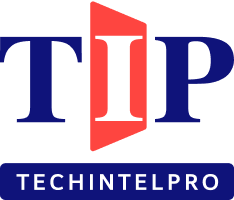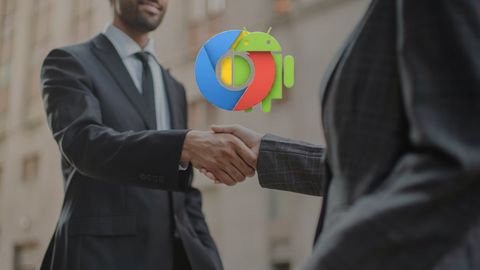

In a groundbreaking announcement at Qualcomm's Snapdragon Summit, Google revealed plans to merge its Android and ChromeOS platforms into a single, unified operating system. This strategic move aims to enhance productivity and integrate advanced AI capabilities across larger devices such as laptops and desktops.
Google's Sameer Samat, President of Android, said, “We’re going to be combining ChromeOS and Android into a single platform.”
Samat shared this during a TechRadar interview, outlining Google’s plan to merge its two main operating systems into a single, unified platform. The aim is to enhance laptop productivity with Android’s AI and tablet insights for a seamless cross-device experience.
Qualcomm CEO Cristiano Amon, who previewed the new operating system, described it as "incredible," indicating high expectations for its performance and capabilities. The unified platform is expected to benefit from Qualcomm’s recently launched Snapdragon X2 Elite and Elite Extreme chips, which are touted as the most power-efficient for Windows PCs, according to TechRadar.
A key component of the new operating system is the integration of Google's Gemini AI. This AI assistant aims to provide users with enhanced productivity tools, seamless multitasking capabilities, and intelligent suggestions across various applications. Google is building AI right into the operating system. This will make using bigger screens easier and more efficient.
The merger of Android and ChromeOS represents a significant shift in Google's approach to computing, positioning the company to compete more directly with established players in the PC market. As the launch date approaches, industry analysts and consumers alike are keenly anticipating the debut of this unified operating system and its potential impact on the computing landscape.
Google’s unified OS is just the beginning. Over the next few years, we can expect tighter integration between Android, ChromeOS, and AI tools like Gemini. This could mean smarter multitasking, better app compatibility, and a seamless experience whether you’re on a laptop, tablet, or desktop.
Developers will likely have more freedom to create apps that run across devices, while AI features could learn your workflow to suggest shortcuts, automate tasks, or even optimize battery and performance for bigger screens. In short, Google is aiming to make computers feel more intelligent and responsive, something closer to a personal assistant than a traditional OS.
Experts believe this move could shake up the PC market, positioning Google as a stronger rival to Windows and macOS. AI is getting smarter every day. The line between mobile and desktop computing could fade, with Google OS leading the way.